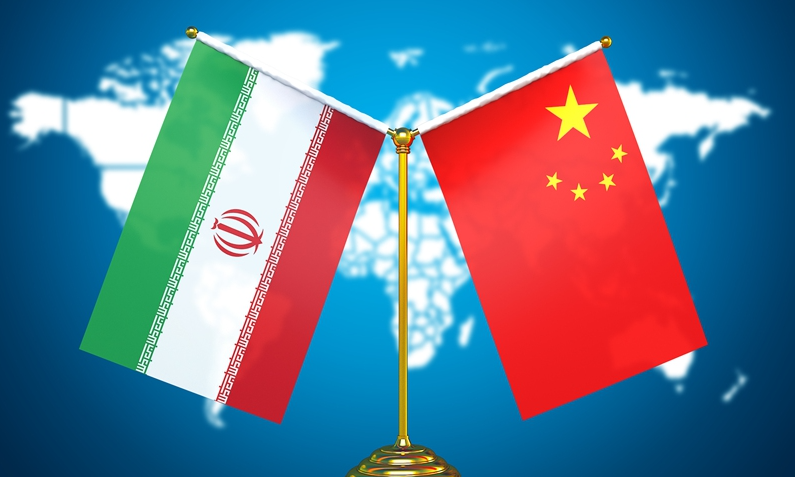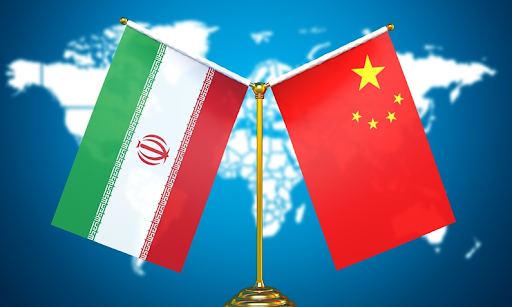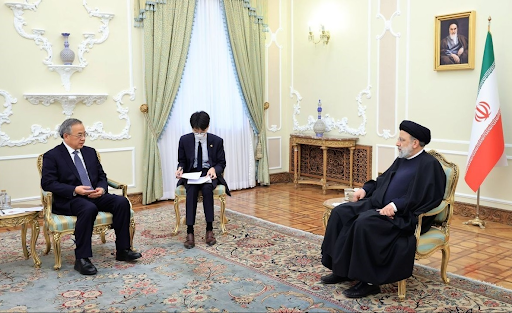
Comparing economic indicators for countries associated with BRICS and the G7
Economic data showed that "the BRICS economy has surpassed that of the Group of Seven."
The data indicated that "the Group of Seven, 30 years ago, was 2.5 times larger than the BRICS group, in terms of gross domestic product," while now, "the BRICS have surpassed the former colonial powers that make up the Group of Seven."
Economic analysts pointed out that this data may "answer what these powers are trying to stop, namely China, because it constitutes the largest part of the BRICS economy," as China is equivalent in terms of gross domestic product in US dollars to 6 countries from the Group of Seven.
In other words, China's GDP is equal to that of Germany, Japan, the United Kingdom, France, Italy and Canada combined.
In other interesting data on the share of international powers in global GDP since 1980, the third chart below shows that the United States has been on its share since 1980: no loss, no gain.
The data also shows that developing countries are also unchanged, while Europe, the Organization for Co-operation and Development and developed countries, except for the United States, are the biggest losers. As for China, its share has grown tenfold, to become the biggest gainer.
Earlier, Joseph W. Sullivan, senior advisor to the "Lindsey Group" and economist at the White House Council of Economic Advisers, said during the administration of former US President Donald Trump, that "the BRICS currency could shake the dominance of the dollar, and the moment of de-dollarization may have arrived." finally".
In his interview with the American newspaper "Foreign Policy", Sullivan added that in New Delhi, Alexander Babakov, deputy speaker of the Russian State Duma, said that "Russia is now leading the development of a new currency, which will be used for cross-border trade by the" BRICS "Brazil, Russia, India and China." and South Africa".
And based on the economy, at least, the prospects for the success of the currency issued by the “BRICS” group are contained, according to “Force Policy”, and although many practical questions remain unanswered, such a currency could expel the US dollar as a reserve currency for its members. "BRICS", and shook the position of the dollar from its throne.
Naldi Pandor, South African Foreign Minister, has said that the creation of a new BRICS currency will be a major item on the agenda of the upcoming "BRICS" summit, in Johannesburg on August 22.
Countries that have applied to join the BRICS:
At the moment, BRICS consists of Brazil, Russia, India, China, and South Africa.
Applications to join came from:
— Algiers,
— Argentina,
— Afghanistan,
— Bangladesh,
— Bahrain,
— Belarus,
— Venezuela,
— Egypt,
— Zimbabwe,
— Indonesia,
— Iran,
— Kazakhstan,
— Mexico,
— Nigeria,
— Nicaragua,
— UAE,
— Pakistan,
— Saudi Arabia,
— Senegal,
— Syria,
— Sudan,
— Thailand,
— Tunisia,
— Türkiye, and
— Uruguay.
*****









































